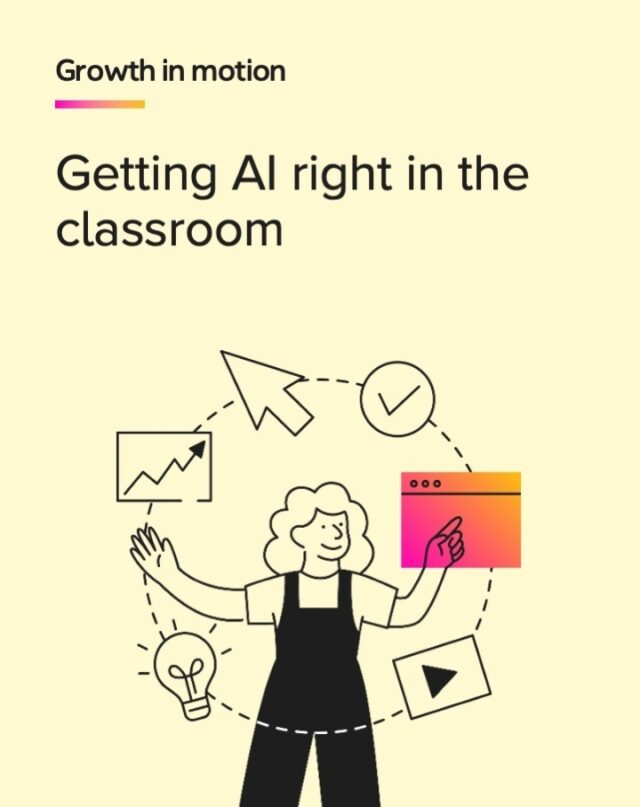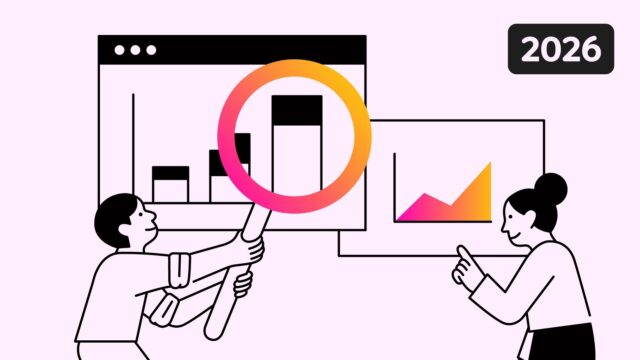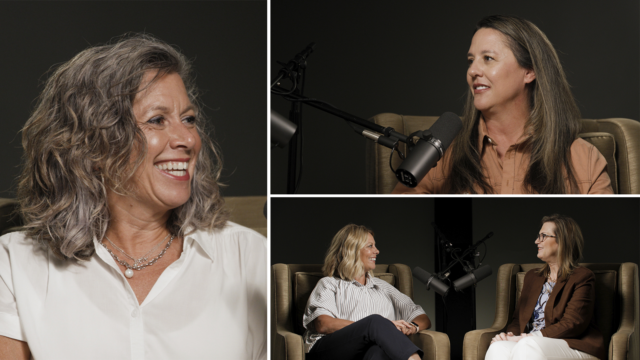-
Core Curriculum
Featured Posts

Unlocking the Power of Big Data in Education
Big data in education is reshaping how schools identify learning needs and personalize instruction. Learn how thoughtful data use can help districts take meaningful action that supports every student.

AI is reshaping education—discover how to harness its potential and ensure we get it right for learners everywhere.

In 2026, the top trends in education aren't about adding more technology to classrooms or chasing the next shiny idea. They’re about making better use of what schools already have. Take a look.

Discover the six essential components of Structured Literacy and why they matter for every classroom.

Learn how Arlington ISD in Texas strengthened its MTSS model with data-driven practices and high‑impact interventions like Read 180 and Math 180.
Latest Posts
AWARDS & ACCOLADES

Shorty Awards
Audience Honor, 2023, Shaped

Digiday Content Marketing Awards
Finalist, 2023, Shaped

People’s Choice Podcast Awards
Finalist, 2021 & 2023, Teachers in America
*The views expressed in our blog are those of the authors and do not necessarily represent those of HMH.








